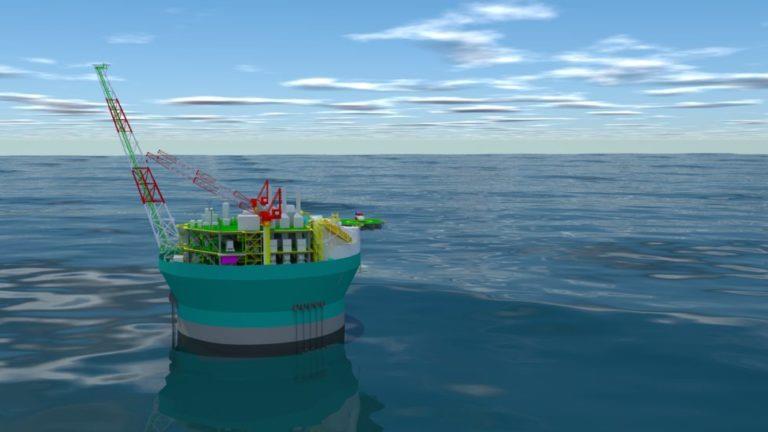
Risks to marine life, including protected deep sea sponges and 400-year-old clams, have been “down played” by the operator of the Cambo oil field, according to environmental groups.
A consortium of 16 organisations, including the RSPB, Uplift, WWF UK and Greenpeace UK, have written to environmental regulator OPRED as the government continues to ponder approval of the West of Shetland field.
The concerns centre on installation activities, the pipeline and the risk of any oil spills from Cambo within the Faroe-Shetland Sponge Belt Nature Conservation Marine Protected Area (NCMPA), arguing that operator Siccar Point Energy has “failed to adequately assess”. They argue “hundreds” of species could be affected.
The groups are also asking OPRED to prevent sanctioning of the oil field until a new study on fisheries by the Joint Nature Conservation Committee (JNCC), started in September, is complete.
Siccar Point Energy said its work on the environmental statement was underpinned by consultation with the regulator and the JNCC.
Calum Duncan, head of conservation Scotland at the Marine Conservation Society, said: “The sponge beds and associated species are incredibly sensitive deep-sea habitats.
“Construction, movement and potential leaking from this pipeline could have devastating consequences for deep-sea sponge and protected features already under pressure from damaging activities such as deep-sea trawling.”
In its environmental statement, submitted to OPRED in 2019, operator Siccar Point Energy said its proposed pipeline route crossed the (NCMPA), which covers 5,278 square kilometres – roughly the same size as Sutherland.
Siccar Point, who is partnered with Shell on Cambo, said its pipeline cover 0.0004% of the area at less than .025 of a square kilometre, and that no significant impacts are expected.
However, the groups pointed to a new scientific review of the assessment by non-profit Environmental Law Alliance Worldwide (ELAW), which said this fails to account for potential for the pipeline to shift in moving currents below the water, or impacts during installation which could impact “hundreds of species during its operations”.
ELAW also disputed Siccar Point’s arguments on the potential impacts of an oil spill on marine life and seabirds, specifically on the toxicity of oil and the impacts of seabird and marine life.
In the environmental statement, Siccar Point said the likelihood of an oil spill between 1 and 25 from the Cambo production vessel was one in every 4,202 rig days. Greater than 25 tonnes was one in every 40,486 rig days.
A Siccar Point spokesperson said: “We are committed to producing oil and gas responsibly to provide a homegrown energy supply during the transition and have been subject to all the regulatory processes, checks and balances expected of any offshore energy development. Cambo would be built electrification ready to be net zero powered when feasible and represents a £1 billion direct UK capital investment, and additional £1.2 billion operating investment over its field life, creating and safeguarding thousands of UK jobs and supplying energy to 1.5million homes.
“The export pipeline from Cambo is for gas. All our environmental work is underpinned by extensive special scientific analysis and research, predominantly using external specialists. During the Environmental Statement (ES) process, we carried out extensive and detailed discussions with the regulator and the Joint Nature Conservation Committee (JNCC), which were directly involved in scoping the detailed survey work we undertook. The analysis of seabed habitats from the survey work was completed in-line with JNCC’s current methodology.”
Cambo holds an estimated 800 million barrels of oil and Siccar Point estimates the first phase of the project will deliver 170million barrels over a 25-year production life,
The project has become a key battleground for climate protestors and industry, the former arguing that it demonstrates UK climate hypocrisy, while the latter arguing that the country will simply import more oil and gas from overseas if Cambo is not given the green light.
